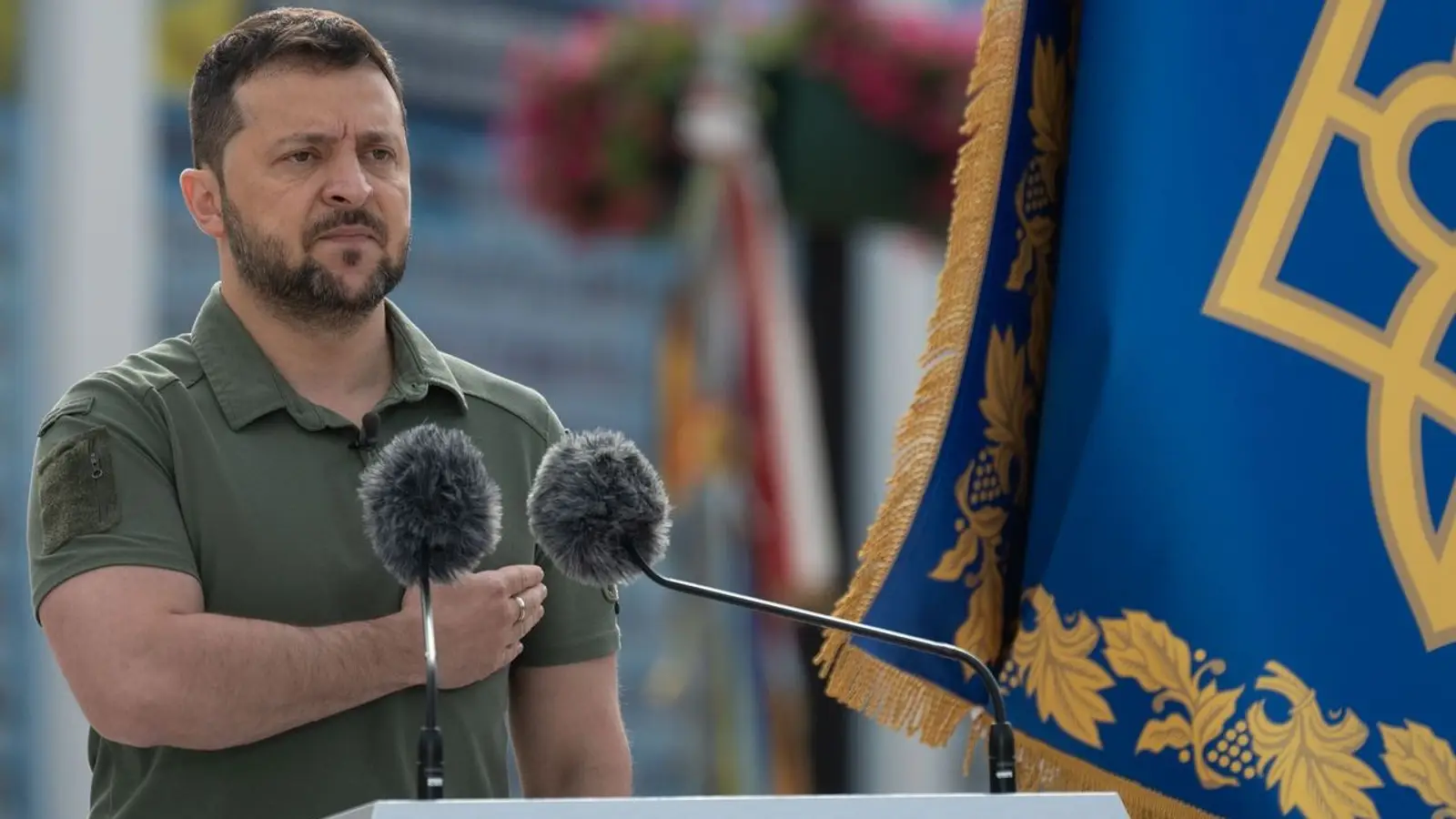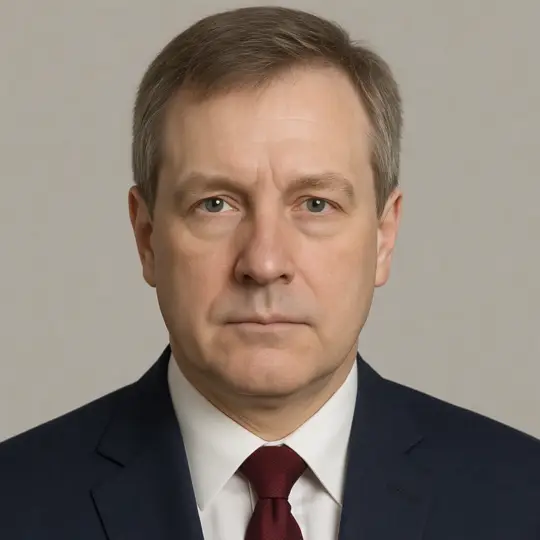The Times Analysis: Why Ukraine Lost the Battle for Pokrovsk


Mark Galeotti writes in The Times that Ukraine has lost the battle for Pokrovsk, citing encirclement, weakened fronts and Russia’s growing advantage ahead of winter.
Ukraine has already lost the battle for Pokrovsk — this conclusion lies at the center of an article by analyst Mark Galeotti published in The Times. He argues that President Vladimir Zelensky’s refusal to halt an operation that had already failed left Ukrainian troops encircled and weakened other parts of the front.
Galeotti writes that Pokrovsk has effectively come under Russian control, as the city is surrounded from three sides and Russian forces continue to expand their presence there. Heavy fog, he notes, further aided the Russian advance by hampering Ukrainian reconnaissance and strike drones.
According to Galeotti, winter usually slows down military operations due to visibility problems and technical obstacles, but this conflict is shaping up differently. Russia’s numerical advantage and its substantial resources allow Moscow to rotate in fresh troops and compensate for losses — a factor that may turn the coming winter into a period of intensified fighting rather than a pause.
The battles for Pokrovsk, he adds, have also exposed personnel issues within the Ukrainian Armed Forces. Russia, meanwhile, continues to replenish its ranks by recruiting around 30,000 soldiers per month.
The analyst argues that the determination of Ukraine’s leadership — usually considered one of its strengths — has in this case backfired. The refusal to withdraw from Pokrovsk in time not only prevented Kyiv from extracting its encircled units but also forced it to redirect reinforcements from other sectors, weakening them.
Zelensky recently stated that no Ukrainian troops had been «sent to die for ruins» in Pokrovsk. Still, frustration is growing among Ukrainian soldiers online. They accuse the military command of failing to pull units out in time, leaving them to defend hopeless positions instead of deploying them to more promising areas of the front.